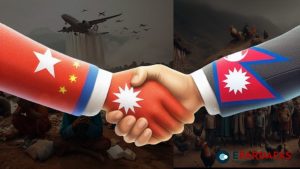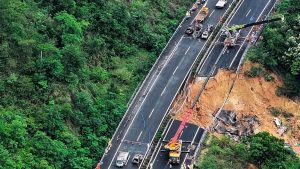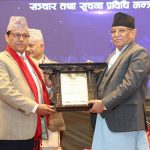
Chinese Nationals Seek Asylum in Taiwan, Fearful of Arrest in Beijing

Three Chinese nationals—Tian Yongde, Wei Yani, and Huang Xingxing—who fled to Thailand in November are now seeking asylum in Taiwan, citing grave concerns of arrest and persecution if they were to return to Beijing. The trio, armed with United Nations temporary refugee cards obtained in Bangkok, arrived in Taiwan from Kuala Lumpur and are now appealing to the Taiwanese government for support in relocating to a third country.
In an exclusive interview with Radio Free Asia (RFA), Tian Yongde, aged 52, revealed that he has been under scrutiny by Chinese authorities since 2005. His troubles began after visiting the home of Zhao Ziyang, China’s former prime minister, who faced house arrest for 16 years following the 1989 Tiananmen massacre. Tian’s life took a dramatic turn as he found himself unable to work, summoned by the police for writing articles and participating in what he describes as “group incidents.”
While RFA could not independently verify Tian’s account and those of his companions, they did provide images of identification cards issued by the U.N. refugee agency.
Tian, along with Wei Yani (53) and her son Huang Xingxing (17), decided to leave Thailand for Taiwan after encountering difficulties and feeling unsafe in their current location. Wei Yani, who had been imprisoned four times in China for a total of 10 years, expressed her aspirations to seek asylum in the United States or the Netherlands. She aims to continue her work, aiding Chinese people in petitioning for their rights.
Currently stationed at Taoyuan Airport, the trio is preparing to navigate a security checkpoint to remain in Taiwan. In a video recorded at the airport, Tian emphasized feeling safer in Taiwan compared to Thailand, where authorities have recently sent activists and dissidents back to China.
Despite RFA’s attempts to seek comments from the Taiwan Immigration Department regarding the status of the three Chinese nationals, there has been no response as of yet.
Credit: This report is based on information obtained from Radio Free Asia.














Comments